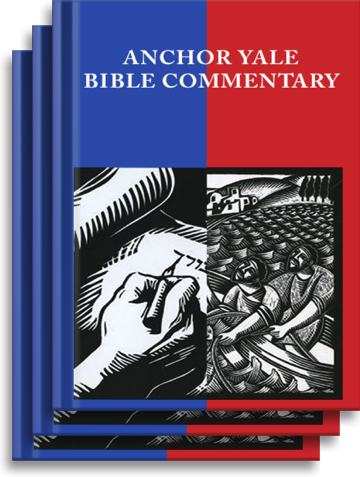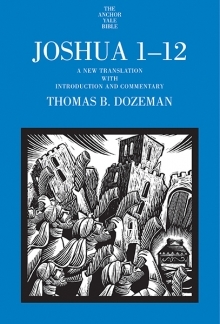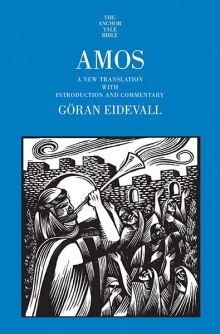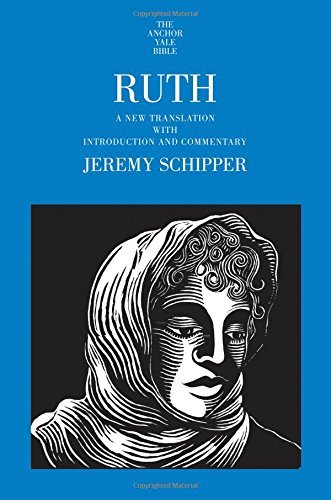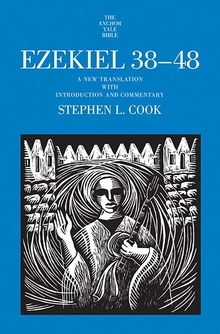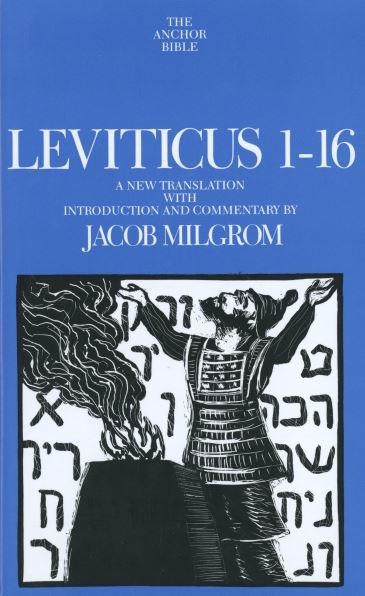



This volume represents a significant breakthrough in the study of Hebrew prosody with important implications for understanding the formation of the canon of the Hebrew Bible. Duane Christensen, a renowned biblical scholar, offers a detailed analysis of the Hebrew text of Nahum and demonstrates the intricate literary structure and high poetic quality of the work.
Nahum is a book about God’s justice and portrays God as strong, unyielding, and capable of great anger. This view of God’s nature stands in contrast to that found in Jonah, another book in the section of the Hebrew Bible known as the Book of the Twelve Prophets, which presents God as “compassionate, gracious . . . [and] abounding in steadfast love.” Christensen shows how Nahum and Jonah present complementary aspects of God’s nature, each essential for an understanding of the divine being. The commentary includes the most extensive bibliography published to date of works cited.
Duane Christensen is professor of Old Testament Languages and Literature (retired), Graduate Theological Union, Berkeley, CA. He is President of BIBAL Corporation and lives in Rodeo, CA.
THE ANCHOR YALE BIBLE COMMENTARY SERIES is a project of international and interfaith scope in which Protestant, Catholic, and Jewish scholars from many countries contribute individual volumes. The project is not sponsored by any ecclesiastical organization and is not intended to reflect any particular theological doctrine.
The Anchor Yale Bible is committed to producing commentaries in the tradition established half a century ago by the founders of the series, William Foxwell Albright and David Noel Freedman. It aims to present the best contemporary scholarship in a way that is accessible not only to scholars but also to the educated nonspecialist. Its approach is grounded in exact translation of the ancient languages and an appreciation of the historical and cultural context in which the biblical books were written supplemented by insights from modern methods, such as sociological and literary criticism.
